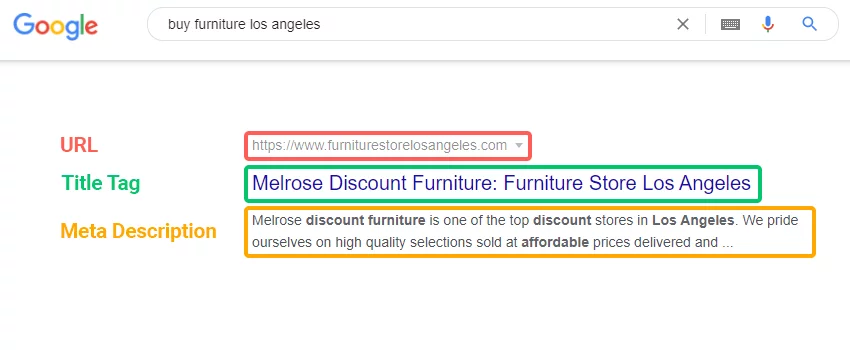Title tags are one of the most crucial elements of on-page SEO, playing a significant role in how search engines and users perceive your content. In this article, we’ll explore what title tags are, why they matter, and best practices for optimizing them.
What Are Title Tags?
A title tag is an HTML element that specifies the title of a web page. It appears in three main places:
- Search Engine Results Pages (SERPs): The title tag is typically the clickable headline for a given result.
- Browser Tabs: The title tag is displayed on the browser tab when the page is open.
- Social Media Shares: When a link is shared on social media, the title tag often serves as the title of the post.
Why Title Tags Matter
1. Search Engine Optimization (SEO)
Title tags are essential for SEO because they tell search engines what your page is about. A well-optimized title tag can improve your chances of ranking higher in search results.
2. Click-Through Rate (CTR)
An engaging title can significantly impact CTR. Users are more likely to click on results that have clear, relevant, and enticing titles.
3. User Experience
Title tags also enhance user experience by giving a quick overview of the page content. This helps users decide if the content is relevant to their search query.
Best Practices for Title Tags
1. Keep It Concise
Aim for 50-60 characters. Titles longer than this may be truncated in search results, cutting off important information.
2. Include Keywords
Incorporate primary keywords relevant to the page content. This helps search engines understand the focus of the page and improves its relevance to user queries.
3. Be Descriptive
Ensure that the title accurately reflects the content of the page. Misleading titles can lead to high bounce rates, which can negatively affect SEO.
4. Avoid Keyword Stuffing
While it’s important to include keywords, overloading the title with them can harm readability and may lead to penalties from search engines.
5. Use Branding Wisely
If applicable, include your brand name at the end of the title tag. This can enhance brand recognition without detracting from the primary focus of the title.
6. Make It Unique
Each page on your website should have a unique title tag. This helps search engines differentiate between pages and can improve indexing.
Conclusion
Title tags are a fundamental aspect of SEO and user engagement. By understanding their importance and following best practices for optimization, you can enhance your website's visibility and attract more organic traffic. Remember, a well-crafted title tag can make all the difference in capturing user interest and achieving higher rankings in search results.
